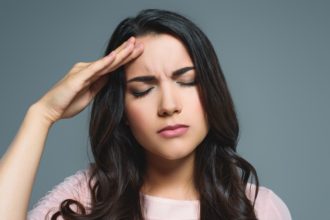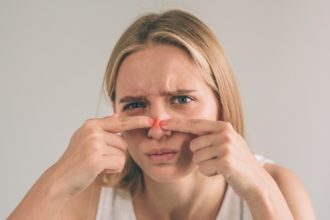What Happens to Your Body After a Massage?
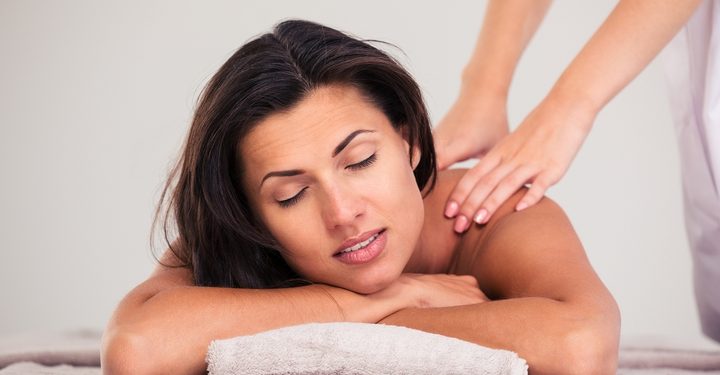
When you get a massage, the physical manipulation of the body produces some major effects. There are mechanical and relaxation responses combined at times to produce emotional and mental health benefits. Some people may be curious about the after-effects of a massage and what to expect afterward.
It’s normal to feel very relaxed for the entire day after a massage. This is because a massage decreases the production of stress hormones, slows down the heart rate and blood pressure, and calms the nervous system. From a mental and physical standpoint, several systems have been calmed after a massage, and this can last for 24 hours or sometimes longer.
A simple massage can do a lot for the body. Here’s what happens to your body after a massage:
1. Improved Circulation

Massage therapy warms up the body, similar to a workout. It aids with blood and lymph circulation, enhancing oxygen delivery through the body and paving the way for better functioning in the body. Waste from the muscle and cells is more efficiently removed, fluids are more easily absorbed, and swelling in the tissue is reduced.
2. Increased Serotonin Production
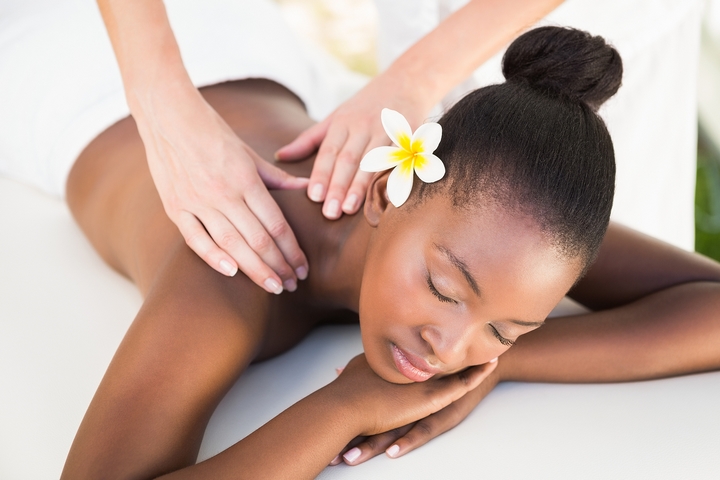
Some studies suggest a massage increases the availability of serotonin in the body. Serotonin is a natural chemical in the body that plays a fundamental role in controlling mood, sleep, sexual desire, and other functions. Most people will recognize serotonin as a mood regulator, with someone with less serotonin in their brain often experiencing more ‘down’ emotions, such as sadness and depression.
3. Soft Tissue Relaxation
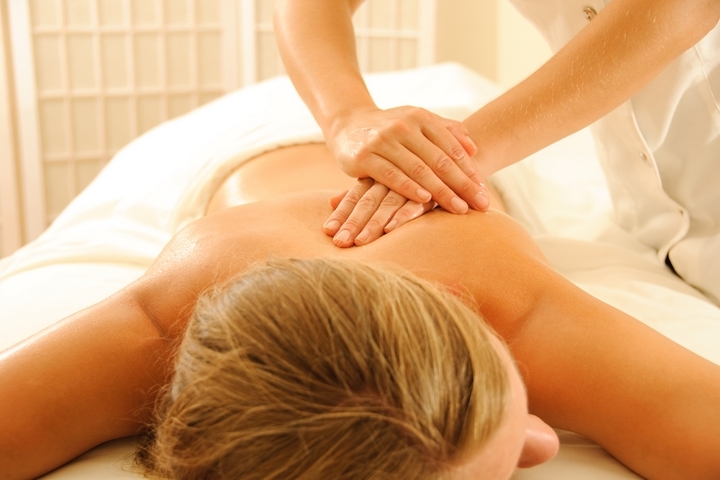
The muscle, connective tissue, tendons, and ligaments remain relaxed throughout the day after a massage. From this soft tissue relaxation comes the release of nerves and deeper connective tissue. If you are prone to muscle spasms or nerve compression, massage is a way to calm the muscles and tissue, reducing the incidences of these issues.
4. Organ Benefits
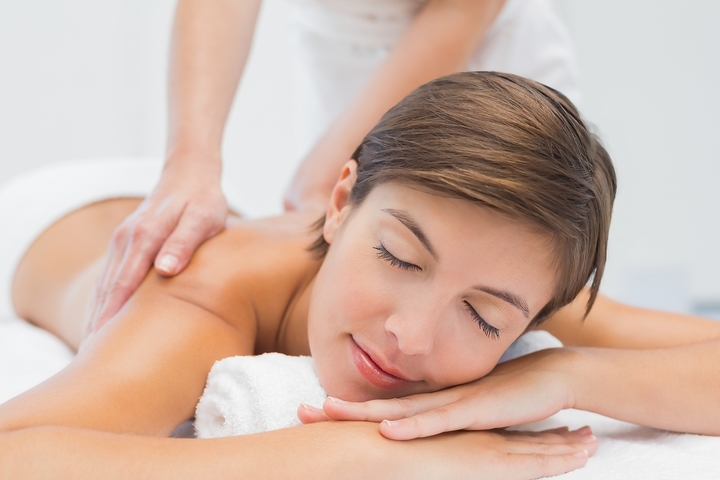
Your orgasm can also be distressed and experience dysfunction. A massage can help with the operation of certain organs indirectly as they share a neurological pathway with the muscles, bones, and nerves. As the muscles and nerves are de-stressed, combined with the increase in circulation, organ functioning can improve, and the symptoms of organs malfunctioning can reduce.
5. Stress Reduction
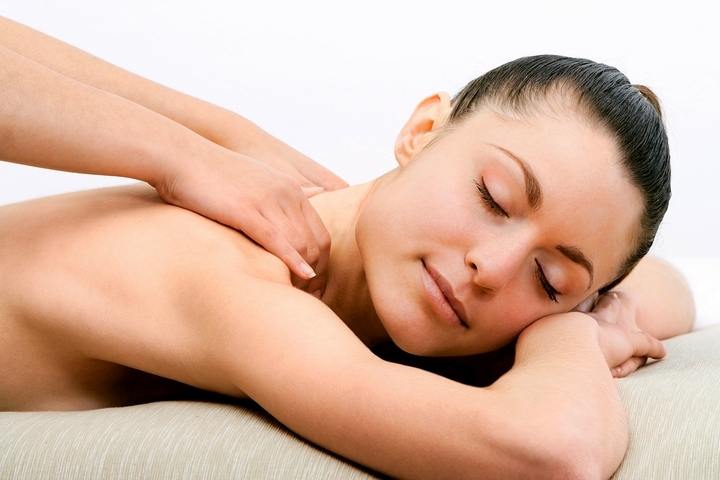
After a massage, a part of being in a relaxed state has to do with a stress reduction. After a massage, several physical effects of stress can be positively impacted, including hypertension, anxiety, insomnia, feelings of fatigue, sexual dysfunction, digestion problems, and psychological trouble.
6. Strong Fatigue
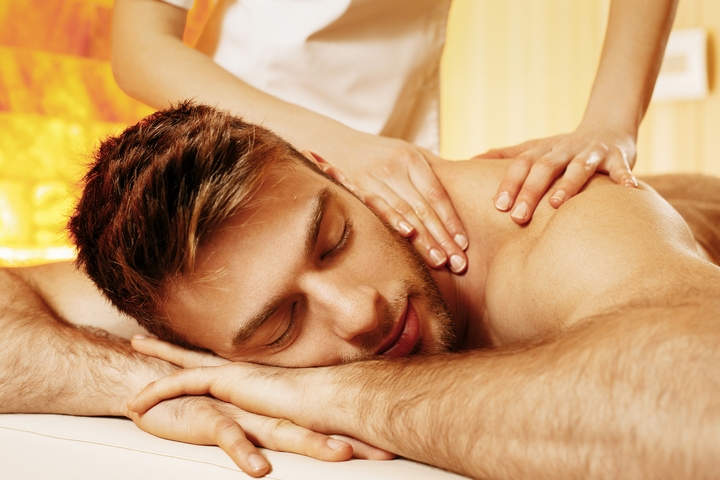
Some people can feel extreme fatigue after a massage. If you don’t have regular massages and just got one, all that pressure and release of muscles and fascia can make everything feel so relaxed that you’re sleepy. As inconvenient as it can be to feel fatigued, it will wear off in 24-48 hours at most, if not quicker. This extreme fatigue is not common with regular massages and is something your body will eventually get used to.
7. Feelings of Nausea

For a few days after a massage, if you aren’t drinking a lot of water to flush out the fluids and waste released, this can hang around the body longer than needed. The result is nausea and sometimes flu-like symptoms that can leave you feeling a little run down. Your lymphatic system is to blame. This is the system responsible for flushing the body of toxins. If the water’s not available to flush the body of these toxins released naturally during a massage, you feel the effects.
8. Reduced Cortisol Levels
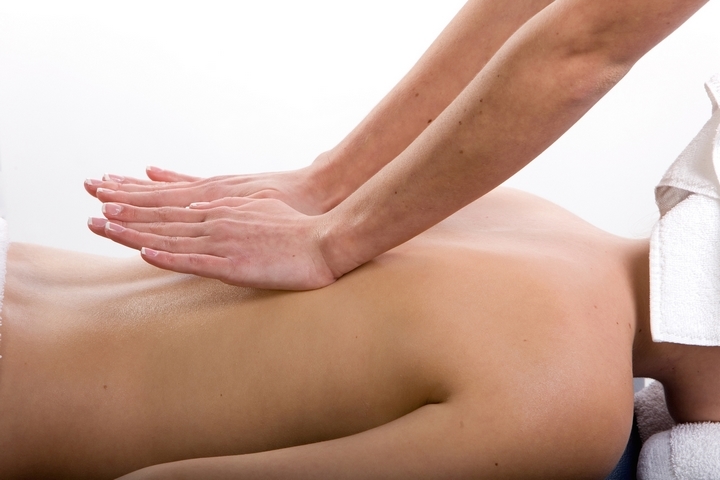
Cortisol is the primary stress hormone. A lot of cortisol means you’re probably experiencing a lot of stress. A massage is proven to decrease cortisol levels on average by 31%. Contact with the pressure points on the skin, particularly on the back, has a real and positive chemical effect that can last for the entire day and potentially longer.
9. Muscles Can Get Sore
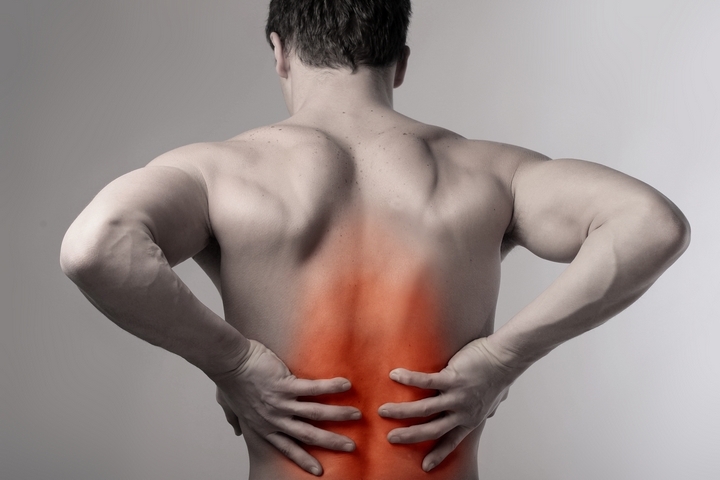
Some people get one massage and walk away feeling worse, and they never go back. Some people feel the muscle soreness post-massage is from manipulating muscles that aren’t working often. If a muscle isn’t touched or used often, muscle soreness for a few days can occur following a massage. This is only temporary. If you continue with your massages, the muscle soreness shouldn’t necessarily persist in the long term.
10. Your White Blood Cell Count May Rise
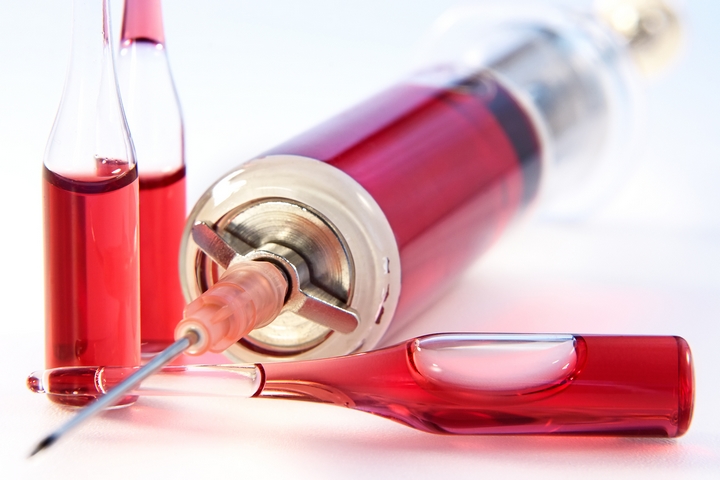
A massage can improve immune system functioning, especially when done regularly. After a massage, your immune system increases the activity level of the body’s white blood cells, providing you with more ability to combat viruses. During cold and flu season, this is particularly prominent. A massage is by no means an alternative to medicine. However, it does help the immune system.

